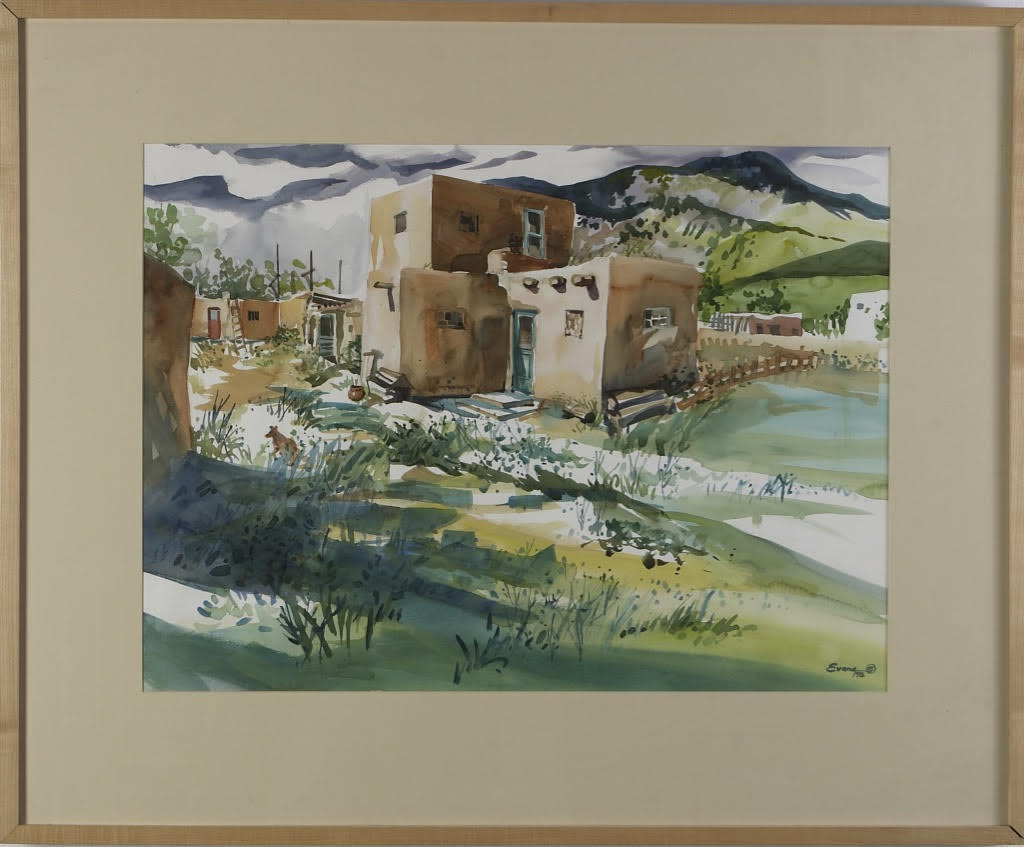Decades ago when a local public library had a set of very old Harvard Classics for sale (copyright 1909), I bought the entire 51-volume set, vowing to read all of them before I died. Recently, I picked up the one containing Cicero’s thoughts on death. Born 106 BC, Marcus Tullius Cicero was a famous Roman orator, scholar, writer, philosopher, whose words ring of truth today as then.
If I were to summarize Cicero’s thoughts on death, I would say he prefers one live rather than worry about dying. He tells us to “stand up against old age,” that we “must fight it as we should an illness.” He would have our minds be active, our intellect strong, encouraging us to learn something new daily. He calls intellect “the best gift of nature or of God: to this divine gift there is nothing so inimical as pleasure.” He explains that “pleasure hinders thought” and is “a foe to reason.” “You should use what you have, and whatever you may chance to be doing, do it with all your might.” He would have us have a well-spent life so that there is much of value to recollect in old age. The kind of life one lives in youth gives old age meaning.
Putting down Cicero the other day I picked up and played Robbie Robertson’s CD: Music for Native Americans with the Red Road Ensemble–yes, the Toronto-born Robbie Robertson of The Band, the phenomenal singer-songwriter-guitarist, whose CD Stagefright is probably among your favorites if you like explosive guitar of the 60s,70s, 80s, 90s. Robbie’s mother was a Mohawk and, as a child, he spent time playing on the reservation. Of course he and his music went way off the reservation. But he returns to his Native American roots in producing this CD, playing, singing, and writing words to songs such as Ghost Dance and It is a good day to die.
Listening to Robbie’s guitar, the drums, the poetic words he wrote, I am reminded of why my husband and I almost moved to New Mexico. That enchanting, pastel-colored, beautiful but dry landscape of steep mountains, bright sky, and clear air. I hear it in this music. Especially the song, Ghost Dance, which brings to mind my passionate research on that subject, which, following several trips West, led to my creation of a body of work–numerous oil paintings, some 4 feet tall, most sold now.
“It is a good day to die,” was a rallying cry spoken by a chief, likely the Oglala Lakota leader, Low Dog (though some attribute it to Crazy Horse or Sitting Bull), to his people, a brave call before massacre.
You may be wondering what a first century Roman orator has in common with a twenty-first century rock musician’s Native American music. A lot actually.
Life’s disparate, serendipitous occurrences link opposites. I love that pulling together of the seemingly unrelated. I walk a vast, expansive beach collecting tiny shells–different, but both harbor insights. I pick buckets of flowers to fill seven vases throughout my home, though no one will see them. I copiously highlight every book I read, though the underlinings are rarely shared. As I once wrote in my journal when dating a tall blond German who worked on the assembly line for the company where my father was VP: “Opposites together are a true delight.”
Similarly, and seemingly incongruously, a first-century orator and a twenty-first century musician speak the same language–at least when it comes to the topic of life and death–and what other topic is of greater importance?
Robbie’s songs, Ghost Dance and It is a Good Day To Die, and Cicero’s words speak of death in related terms. The music tells of a courageous stance in confronting death, just as Cicero would have us “stand up against old age.” Robbie writes that “It is a good day to die” also has another meaning: “I am so grateful for each day of life, that any day is a good day to die.” We should be ready to die any day with no regrets because we lived life fully. I think Cicero would have agreed with Robbie.

Watercolor, approx. 38″ x 30″, framed, sold. By Gwendolyn Evans. Painted on location at the Taos Pueblo in the 1980s.
Artwork: Watercolor, approx. 38″ x 30″, framed, sold. Painted on location at the Taos Pueblo in the 1980s. I also did a series of oil paintings on the Ghost Dance religion, a subject which fascinated me and I researched with primary sources; all those are sold but one.